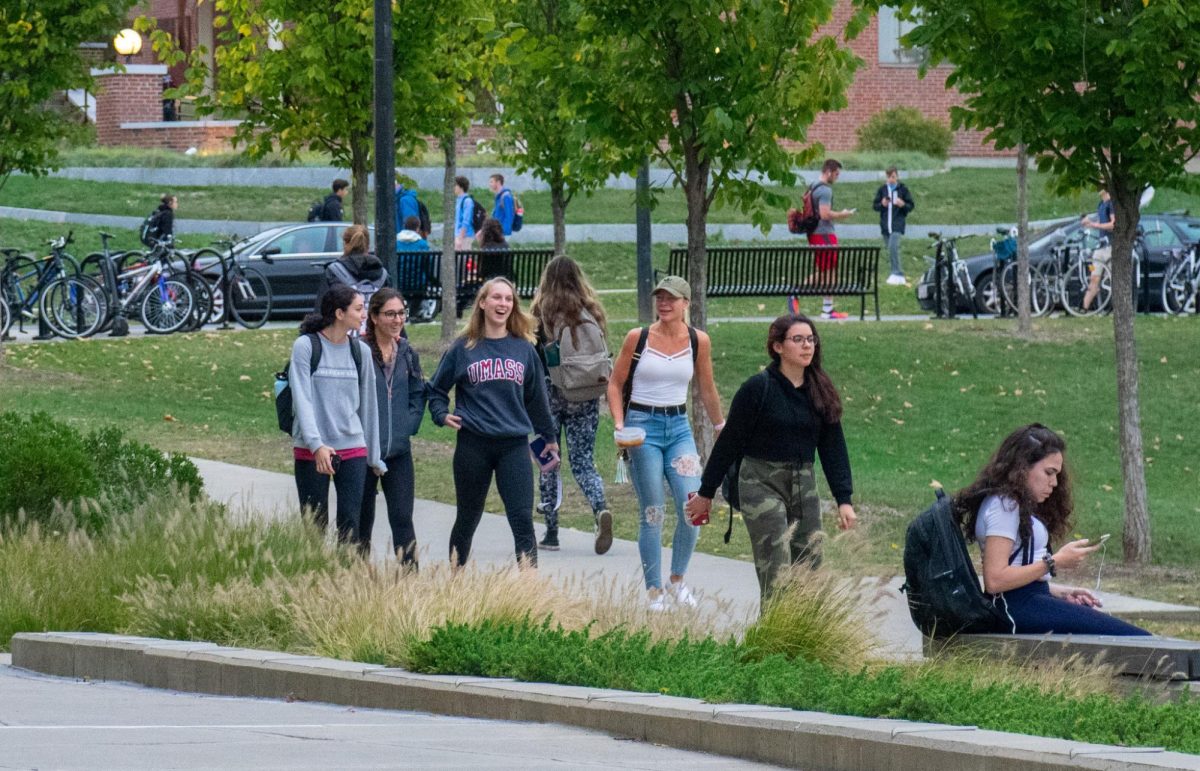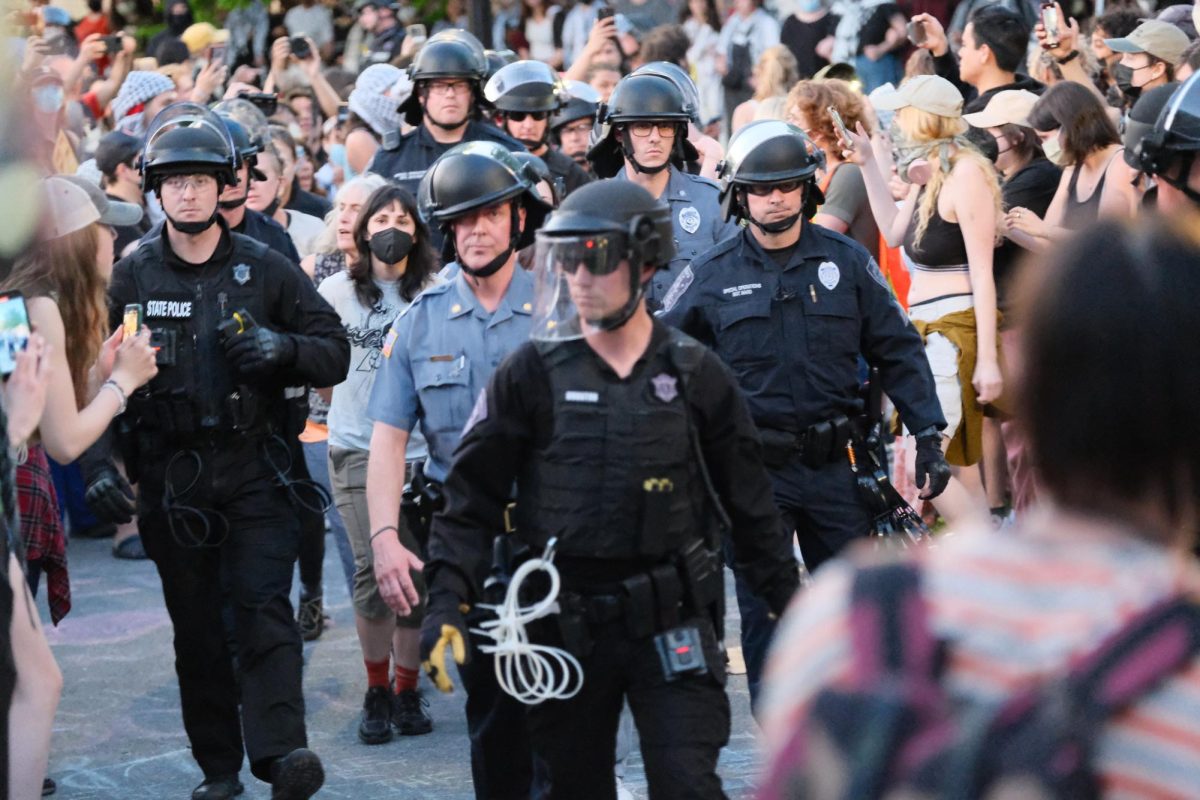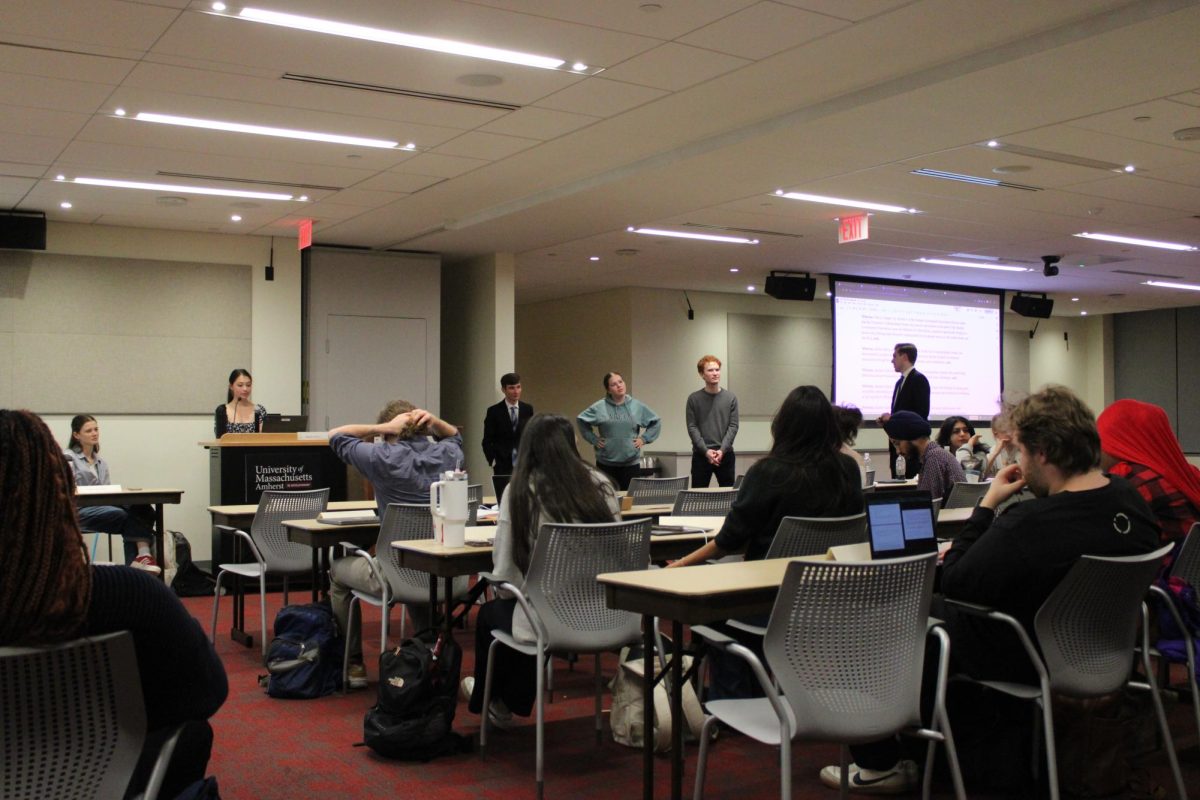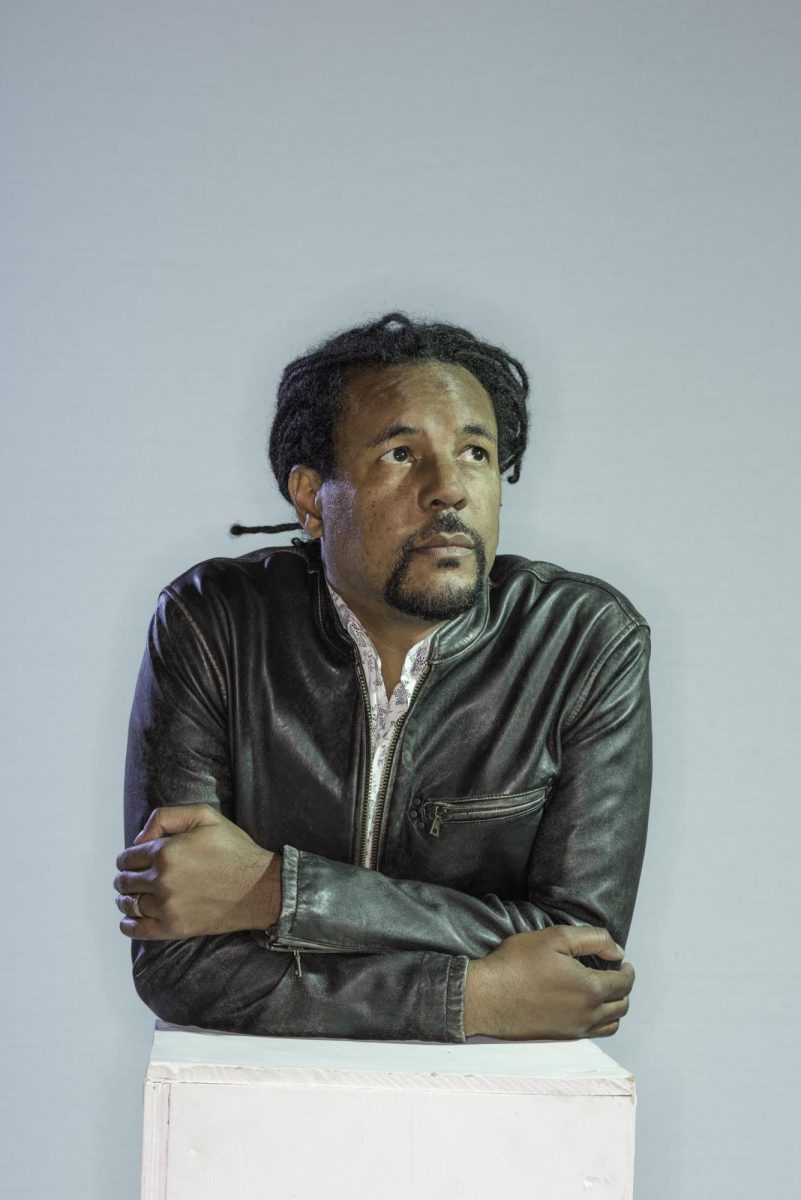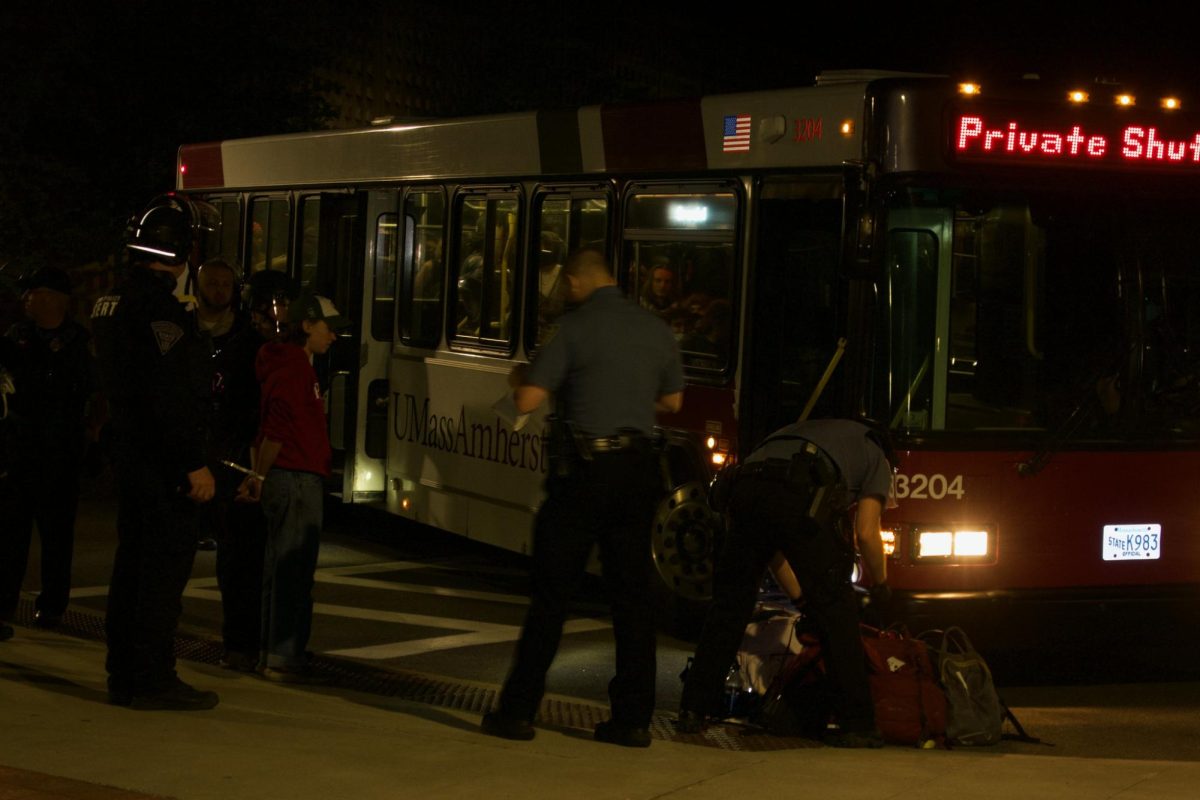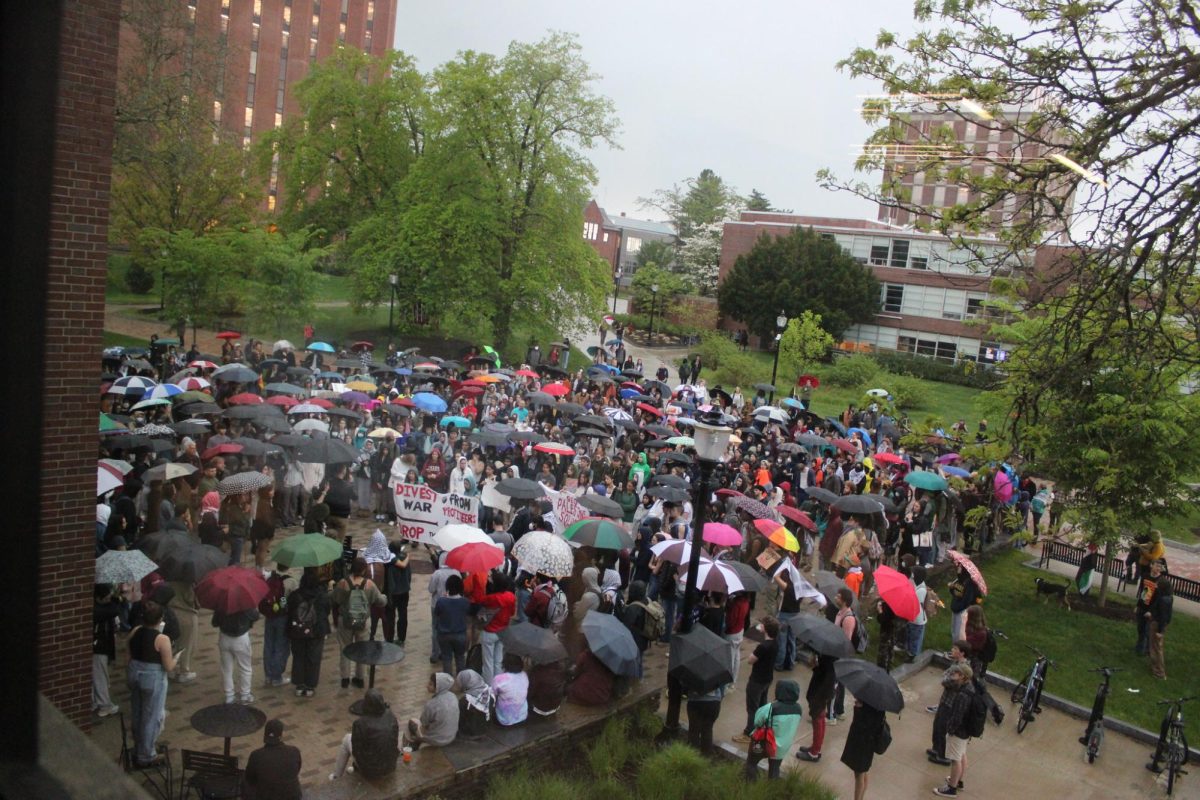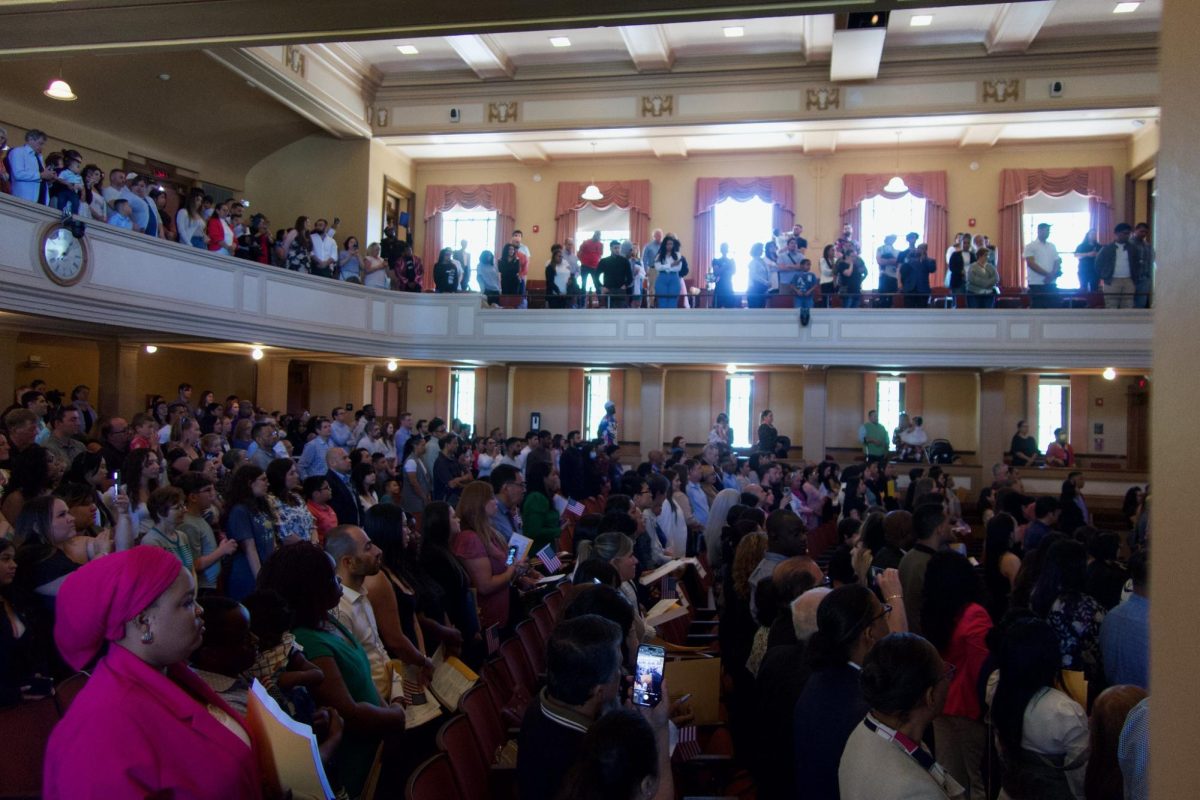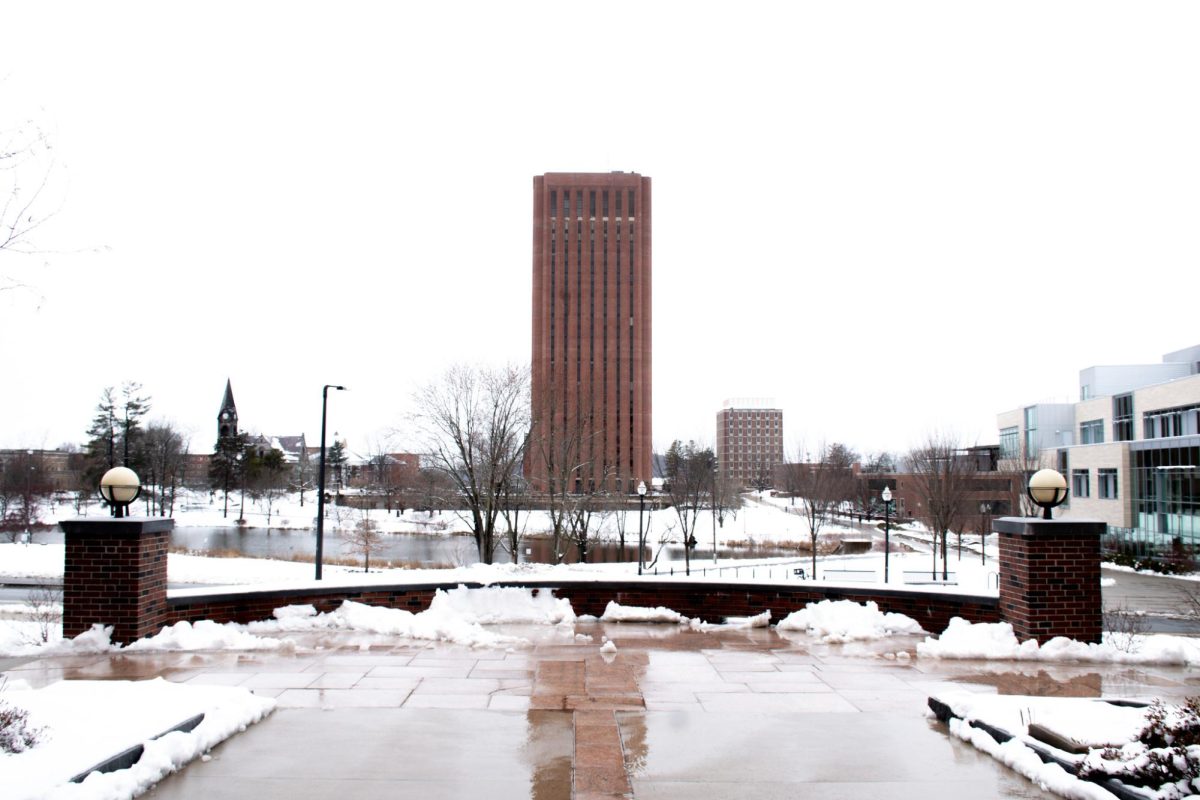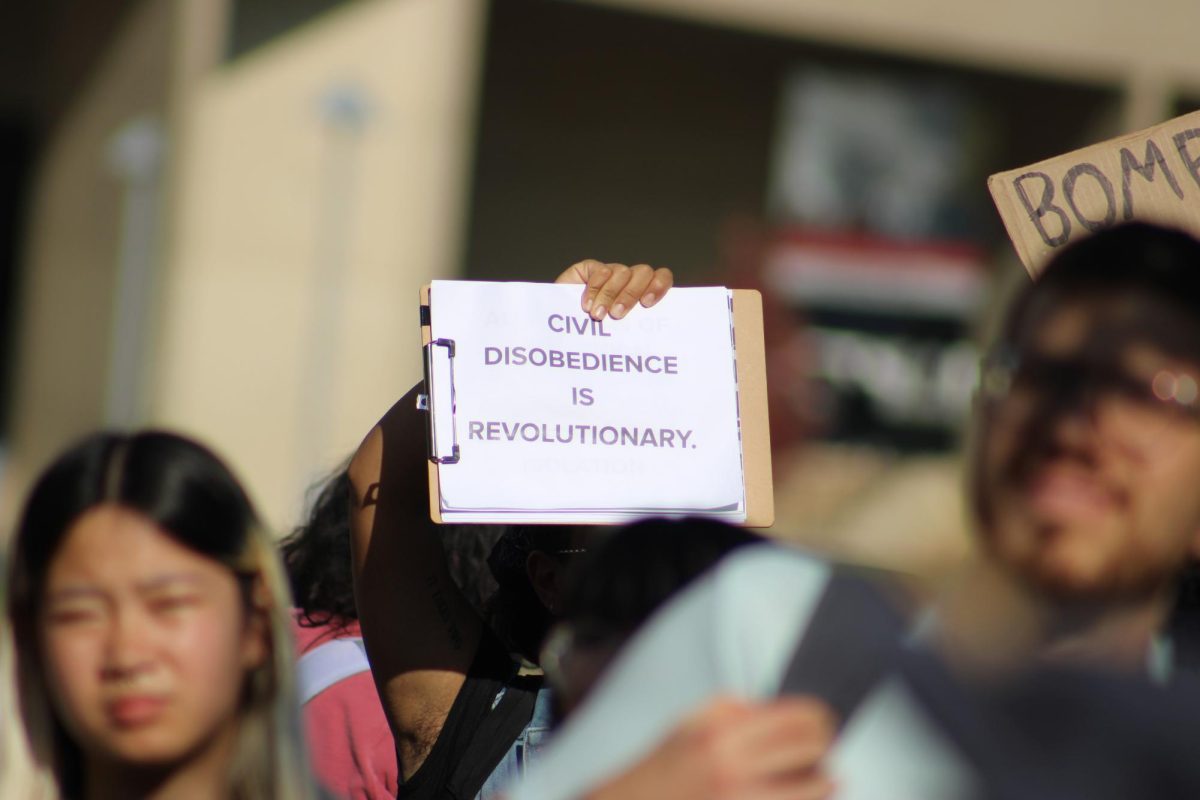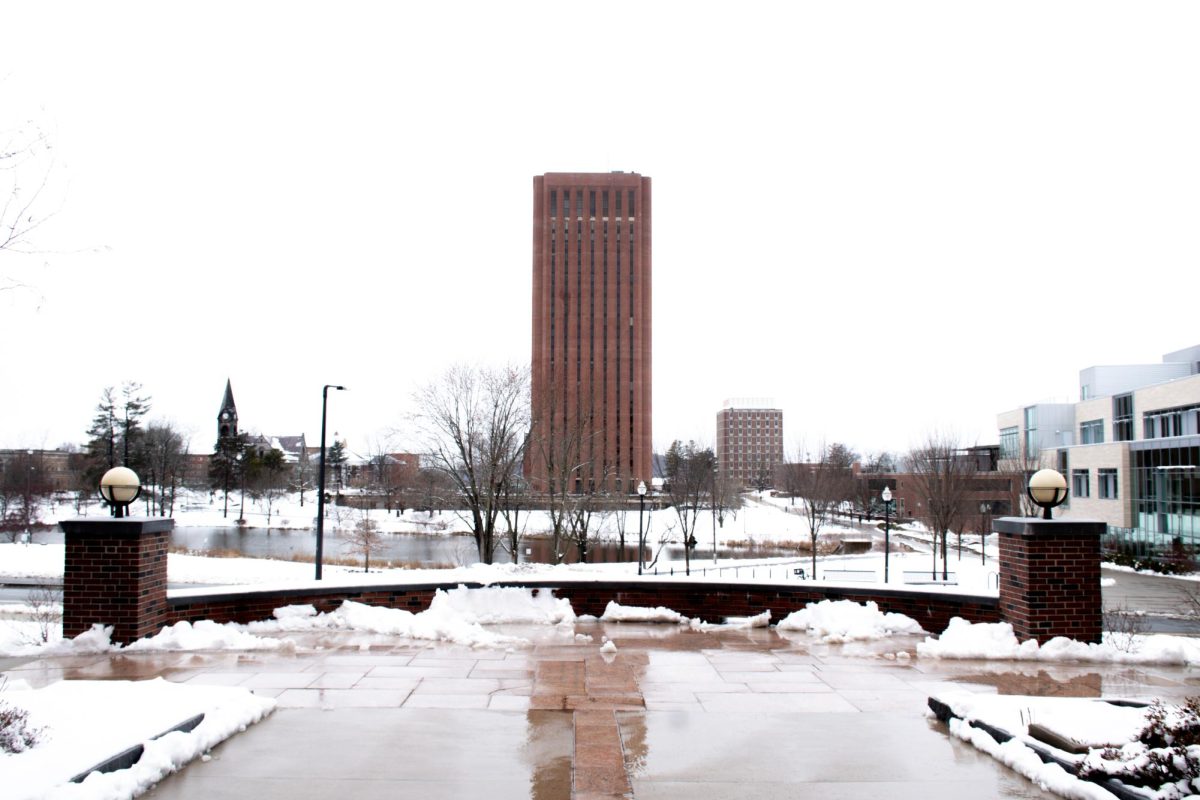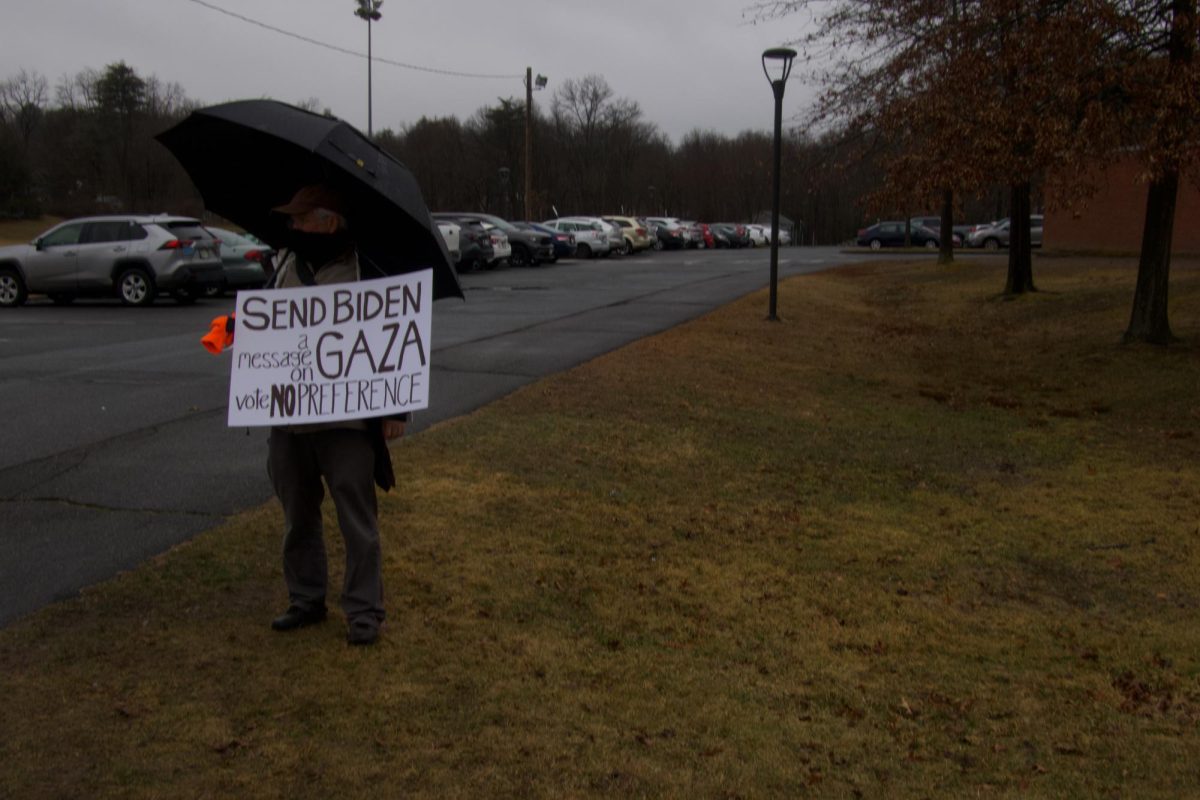
By David G. Savage
Tribune Washington Bureau
WASHINGTON — Declaring that gay unions deserve equal respect and dignity under the law, the Supreme Court ruled Friday that same-sex couples have a constitutional right to marry nationwide without regard to their state’s laws.
The 5-4 opinion, written by Justice Anthony M. Kennedy, will stand as a landmark in civil rights law and culminates a two-decade struggle for gays and lesbians to win marriage equality under the Constitution.
“The right to marry is a fundamental right inherent in the liberty of a person,” Kennedy said, and “under the due process and equal protection clauses of the 14th Amendment, couples of the same sex may not be deprived of that right and that liberty.”
“The Court now holds that same-sex couples may exercise the fundamental right to marry,” Kennedy said.
“No union is more profound than marriage, for it embodies the highest ideals of love, fidelity, devotion, sacrifice and family,” Kennedy wrote. “In forming a marital union, two people become something greater than once they were.”
Same-sex couples “ask for equal dignity in the eyes of the law. The Constitution grants them that right.”
The court’s conservatives strongly dissented.
“This court is not a legislature. Whether same-sex marriage is a good idea should be of no concern to us,” said Chief Justice John G. Roberts Jr. in dissent.
The issue “is not about whether in my judgment, the institution of marriage should be changed to include same-sex couples. It is instead about whether, in our democratic republic, that decision should rest with the people acting through their elected representatives, or with five lawyers who happen to hold commissions authorizing them to resolve legal disputes according to law.”
Same-sex marriage supporters rejoice after the U.S Supreme Court hands down a ruling regarding same-sex marriage outside the Supreme Court in Washington, D.C.
President Barack Obama lauded the ruling during remarks in the White House Rose Garden, calling it a “victory for America.” He praised the persistence of same-sex marriage backers who took their fight to statehouses, courthouses and all the way to the Supreme Court. “Sometimes,” he said, “there are days like this, when that slow, steady effort is rewarded with justice that arrives like a thunderbolt.”
The president vowed that allowing gay couples to marry would strengthen communities by extending “the full promise of America to every American.”
“This ruling is a victory for America,” he said. “This decision affirms what millions of Americans already believe in their hearts: that when all Americans are treated as equal, all are free.”
The ruling – which comes almost exactly 46 years to the day after the Stonewall Inn riots launched the gay rights movement – was no surprise since the justices had stood back in recent months and watched as federal judges, state courts, lawmakers and voters knocked down the legal barriers to gay marriages in 37 states.
The Supreme Court voted to take up the issue and decide finally whether the Constitution’s protections for liberty and equality give gay couples a right to marry.
That surge of support for gay marriage was set off two years ago when the high court struck down part of the federal Defense of Marriage Act and said the marriages of same-sex couples deserved equal dignity and respect under the law.
That decision resolved only a question of federal benefits for these couples, but its reasoning spurred judges to void a series of state laws that had limited marriage to a man and a woman. When pressed to defend their laws, state attorneys had been unable to offer a convincing reason why committed couples, some of them raising children, should be denied a marriage license.
Just a decade earlier, most Americans said they strongly opposed the idea of gay marriage. And beginning in 2004, states across a wide swath of the nation adopted laws and other measures limiting marriage to a man and a woman. These laws were seen as a response to a first-in-the-nation decision that year by the Massachusetts high court holding that gays and lesbians had a right to marry.
The tide turned, slowly at first and then strongly in recent years. Opinion polls registered the remarkable shift. As more states authorized gay marriages, more and more respondents told pollsters they approved of the idea of allowing these couples to marry.
The Supreme Court played a role in the shift. In 1996, the justices struck down an anti-gay initiative from Colorado and said the Constitution does not allow for singling out gays for unequal treatment. In 2003, the court in another opinion by Kennedy said gay couples deserve respect and dignity.
Those opinions in turn set the stage for the Massachusetts ruling that said same-sex couples had a right to marry.

